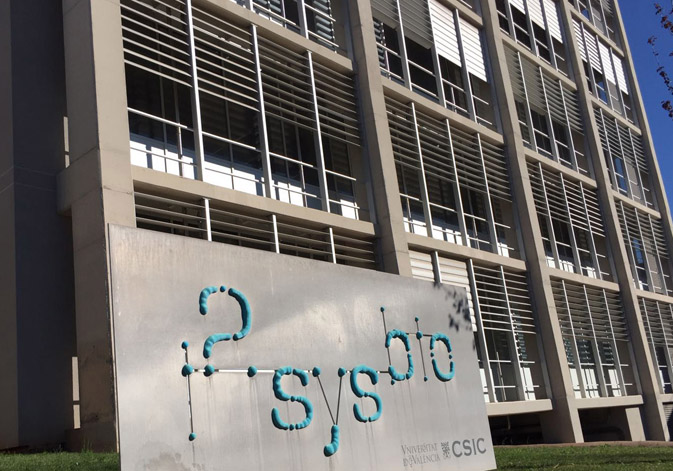Users
Social media
- More details here...
- Address
Parc Científic de la Universitat de València C/
Catedrático Agustín Escardino, 9
46980 Paterna (Valencia) Spain - Email:
iu.i2sysbio@uv.es - Phone:
(+34) 963544810
- Address
Links
European scientific community unites to safeguard precision breeding for sustainable agriculture

Investigation
European scientific community unites to safeguard precision breeding for sustainable agriculture

Important scientists representing more than 75 European research centers and institutes in life sciences and plant biology, among which is reported to the Institute of Integrative Systems Biology I2SysBio (Universitat de València-CSIC), have endorsed a declaration that urgently urges European policy makers to safeguard innovation in plant science and agriculture. The scientific community is deeply concerned by a recent ruling by the European Court of Justice on modern genome editing techniques that could lead to a de facto ban on innovative crops.
As a result, European farmers could be deprived of a new generation of more climate-resistant and more nutritious crop varieties that are urgently needed to respond to current ecological and social challenges. Together with the countless statements from European research institutes that have appeared online in recent months, this statement is evidence of a strong consensus among the academic life sciences research community in Europe on the negative consequences of this ruling.
Crop improvement has been carried out for centuries using conventional techniques that have resulted in genetic changes in the plant. Today, innovative techniques represent a further step in plant improvement and allow the desired genetic changes to be made with very high efficiency and precision.
Innovative plant breeding methods necessary to face the challenges of climate change
Agriculture feeds the world. Therefore, the collapse of food systems is one of the greatest risks of climate change. Crops more tolerant of rapid changes and harsher environments, such as the recent period of extreme drought in parts of Europe, will be crucial to the success of tomorrow's food production approaches. One of the latest advances in this field is precision breeding, an innovative method based on genome editing. Precision breeding can help adapt crops to a specific area, taking into account the environmental factors of a given region. Precision breeding is also used to generate crops with improved nutritional composition, better digestibility, lower content of anti-nutritional components, reduced allergenicity or reduced consumption of raw materials, which has a direct benefit for our environment.
European plant research institutes jointly call for action
The consequences of very restrictive regulation of innovative plant breeding methods are far-reaching. European agricultural innovation based on precision breeding will stop due to the limitations presented by this EU legislation. This will hamper the progress of sustainable agriculture and place a competitive disadvantage for plant breeding industries in Europe. The impacts on our society and economy will be enormous.
To safeguard innovation in agriculture in Europe, the signatories of the declaration call for a new regulatory framework that evaluates new crop varieties based on science.
In the words of Dirk Inzé, Scientific Director of VIB-UGent Center for Plant Systems Biology (Flanders, Belgium) and one of the promoters of the declaration: “The support we receive for this initiative from plant scientists from across Europe has been overwhelming from the beginning. For me, it clearly illustrates the current dichotomy in Europe: as European leaders in the field of plant sciences, we are committed to bringing innovative and sustainable solutions to agriculture, but we are hampered by an outdated regulatory framework that does not comply with the latest scientific data. of the University of Valencia, directed by Mª Dolores Real García, and the Research Department, headed by Carlos Hermenegildo, have expressed their support for this manifesto.
Manifesto: http://ir.uv.es/L60cley


